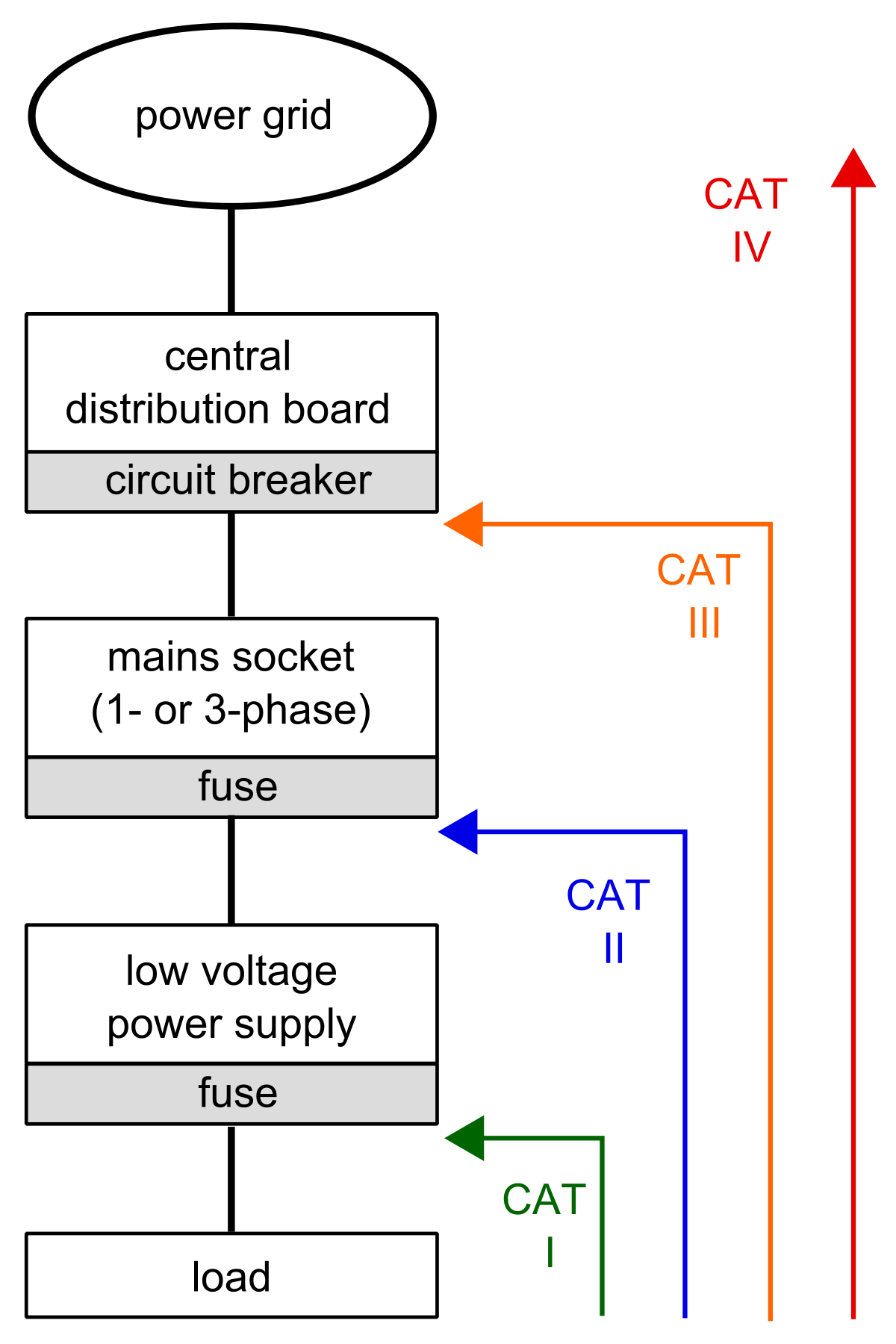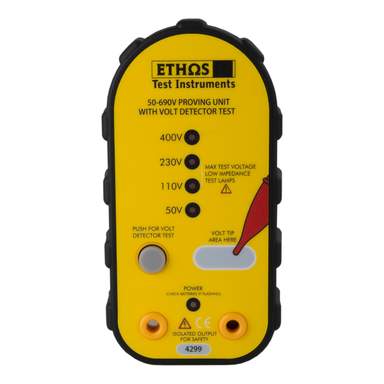- Oct 13, 2019
- 191
- 57
- 103
- If you're a qualified, trainee, or retired electrician - Which country is it that your work will be / is / was aimed at?
- United Kingdom
- What type of forum member are you?
- Other
- If other, please explain
- Spouse of an advanced city and guilds electronics Lab technician (retired) and DIYer
I decided,having lived with using a live circuit, to buy a proving unit. I opted for a Kewtech Prove 4 which covers 5 voltages between 690volts and 50 volts. The device starts at 690 volts which is ok for my Megger 2 pole tester. My fluke clamp meter has a limit of 600 volts. The second problem is that the unit spends only seconds in the low voltage ranges and it’s too fast to check the readings easily in these ranges.
Has anyone used this device with testers that have lower limits than the 690 volts ?
Has anyone used this device with testers that have lower limits than the 690 volts ?











